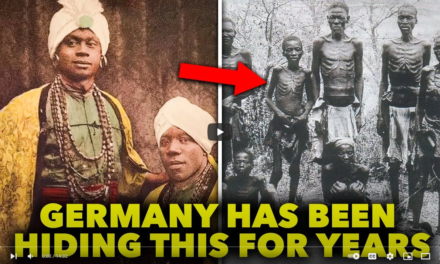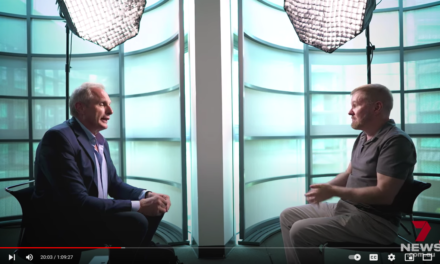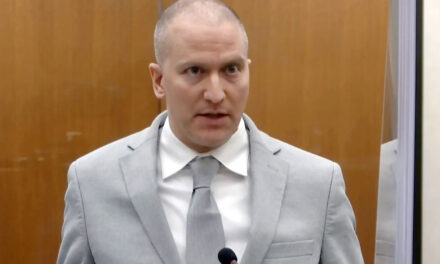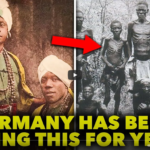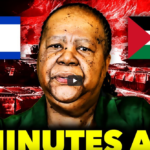In a momentous presentation before the International Court of Justice (ICJ), a South African lawyer takes the global legal community into uncharted waters with a compelling argument against the State of Israel, accusing it of harboring genocidal intent towards the Palestinian population in Gaza. This legal challenge not only tests the bounds of international law but also delves deep into the heart-wrenching narratives of human conflict, power dynamics, and the quest for justice.
The Allegation of Genocidal Intent
The core of the lawyer’s argument hinges on the assertion that Israel, through its actions and the rhetoric of its leaders, exhibits a clear genocidal intent against Palestinians. Drawing from a wealth of evidence, including statements from political leaders, military commanders, and the conditions imposed on Gaza, the lawyer outlines a disturbing pattern that, in their view, meets the threshold of genocidal intent as defined by international law.
Systematic Destruction and Deliberate Suffering
The presentation meticulously details the systematic efforts to undermine the Palestinian population’s ability to survive and thrive in Gaza. This includes the imposition of severe restrictions on movement, access to essential resources like electricity, water, and fuel, and the direct targeting of civilian infrastructure. Such actions are argued to create conditions conducive to a slow and painful demise of the population, a hallmark of genocidal intent.
Incendiary Rhetoric and Official Statements
The heart of the argument is bolstered by the invocation of incendiary rhetoric by Israeli officials. The lawyer cites numerous instances where political and military leaders have used dehumanizing language to describe Palestinians, alongside calls for the complete eradication of Gaza and its inhabitants. These statements are not isolated incidents but part of a broader narrative that, according to the lawyer, evidences a clear intent to destroy, in whole or in part, the Palestinian people.
The Role of the Israeli Government
A pivotal aspect of the argument revolves around the Israeli government’s alleged complicity in fostering an environment where genocidal rhetoric is normalized. The failure to condemn or act against such speech is presented as a violation of the Genocide Convention, to which Israel is a signatory. This inaction, the lawyer contends, has emboldened individuals and groups within Israeli society to advocate for and engage in actions that further the objective of genocide.
The International Response and Legal Obligations
The lawyer’s appeal to the ICJ is not just a call for legal scrutiny but also an urgent plea for the international community to recognize and respond to the gravity of the situation. By highlighting the warnings from UN special rapporteurs, working groups, and non-governmental organizations about the humanitarian crisis in Gaza, the lawyer underscores the pressing need for international intervention to prevent further atrocities.
A Call for Justice and Accountability
This bold legal maneuver at the ICJ represents more than just a legal challenge; it’s a testament to the relentless pursuit of justice and accountability on the international stage. By arguing that the actions and rhetoric of the Israeli government constitute genocidal intent, the South African lawyer challenges the world to confront uncomfortable truths and to reassess the mechanisms of international law in addressing the profound injustices faced by the Palestinian people.
The implications of this case extend far beyond the courtroom, touching on the ethical responsibilities of states, the efficacy of international law in curbing human rights abuses, and the ongoing struggle for dignity and survival faced by the Palestinians. As the ICJ deliberates on this matter, the global community watches closely, reminded of the power of law as a tool for justice, and the enduring need for compassion and understanding in the quest for a peaceful resolution to one of the most enduring conflicts of our time.


